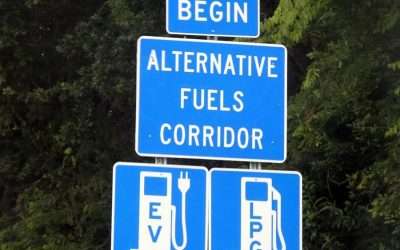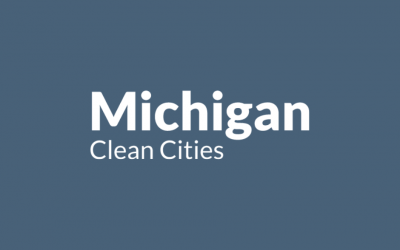In 2021, the U.S. Department of Energy’s Clean Cities Initiative team was tapped to pilot capacity-building training to help the 75 federally funded Clean Cities coalitions meet the tenets of the Justice40 Initiative. The structure of the Clean Cities Initiative is well suited for this pilot—it’s a network of independent teams working to address the national priorities of energy, environmental, and economic security, specifically through speeding a paradigm shift to clean transportation. Clean Cities coalitions issue public information and provide technical assistance to help residents, government and nongovernmental agencies, and private companies understand, plan, and act on low- and zero-emission transportation projects and practices.
In September, MICC wrapped up the in-person workshop portion of the Clean Cities Energy and Environmental Justice Initiative (CCEEJI) pilot, compiling two years of learning from equity experts and peers on best practices for organizational operations related to equitable hiring, human resource management, and project development centering community priorities and needs. The next step in MICC’s CCEEJI pilot activities is to co-develop clean transportation action plans (CTAPs) with Michigan communities.
MICC has partnered with Detroit LISC to collaborate with three Detroit communities toward development of CTAPs that add an actionable resource for meeting community clean transportation needs and priorities. The approach to co-developing CTAPs will be based on best practices, including the Greenlining Institute’s Mobility Equity Framework. CTAPs will inform the projects and activities MICC takes on in 2024 and beyond to increase the availability and use of clean transportation solutions.




